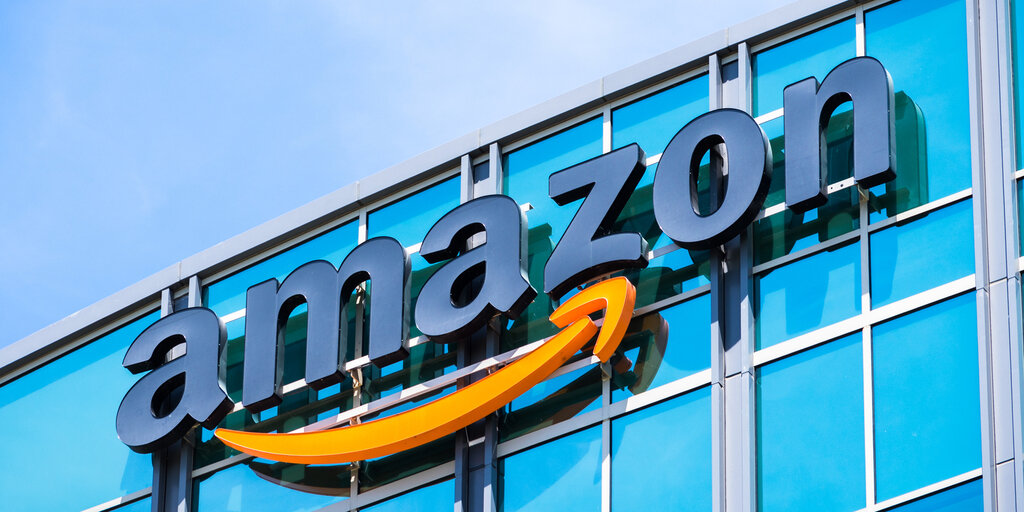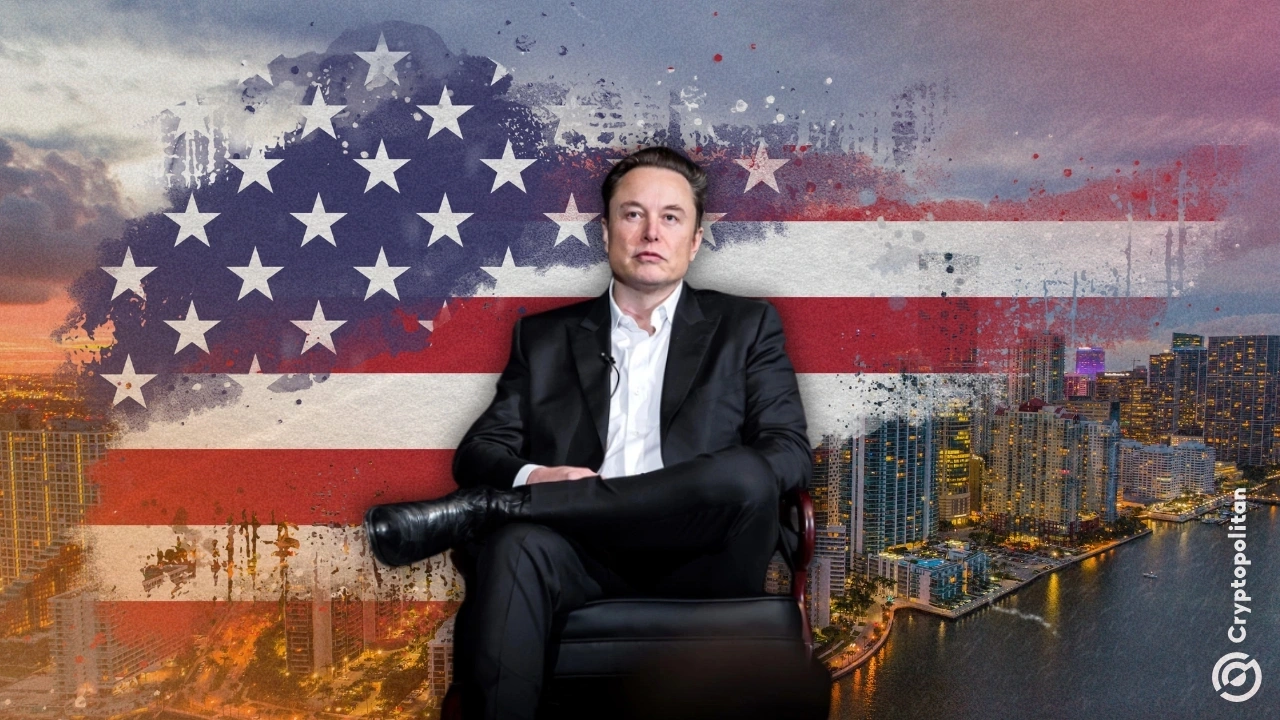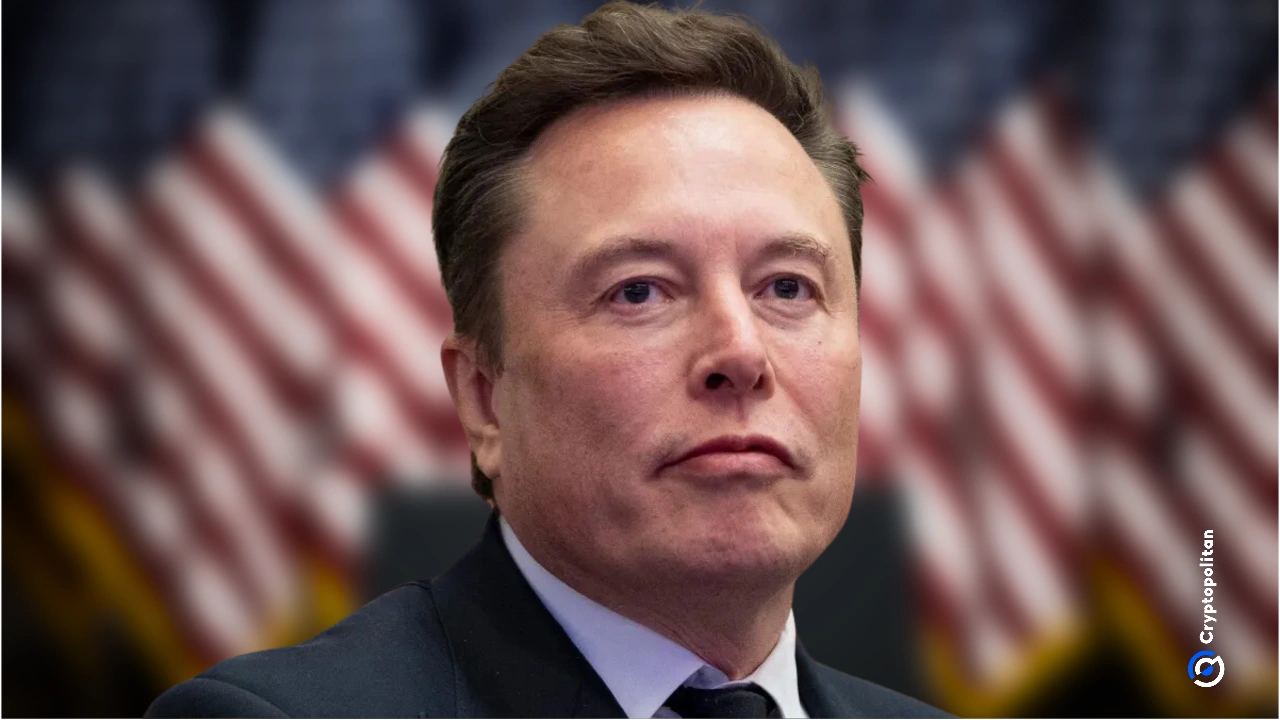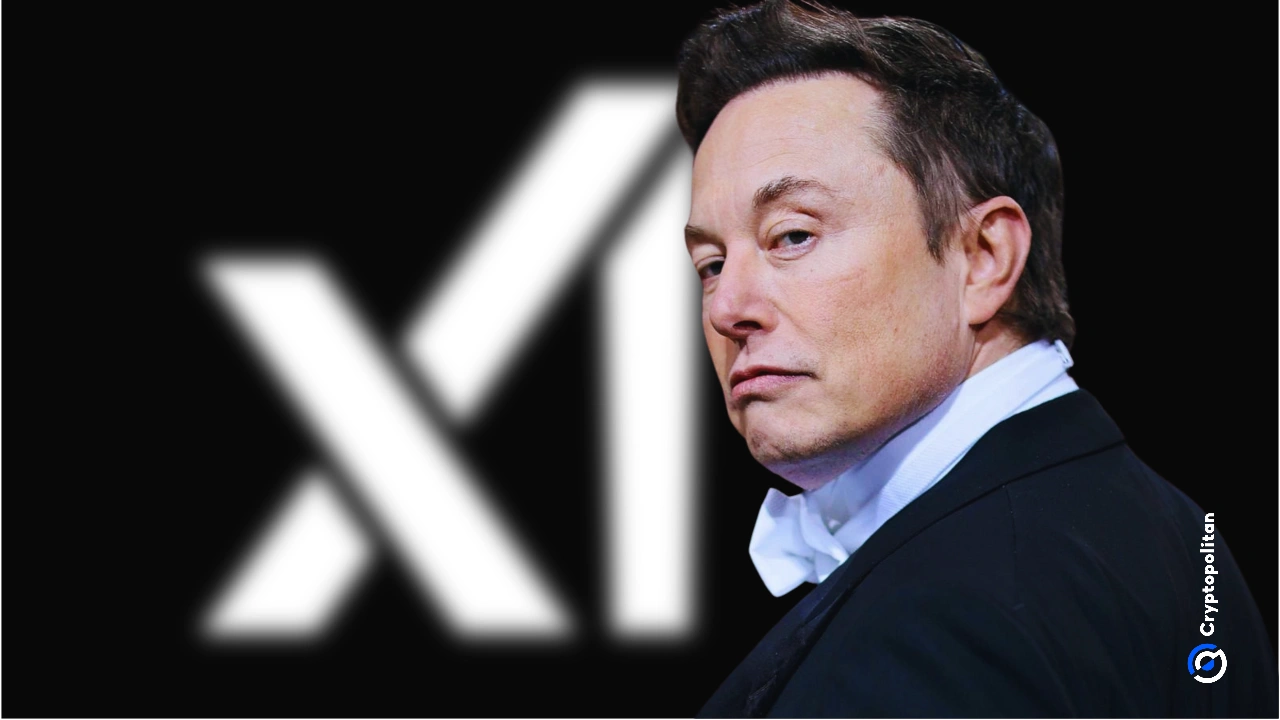Amazon took a significant step toward building its internet network Monday as United Launch Alliance successfully deployed the company's first operational satellites, intensifying competition with SpaceX’s Starlink system in the race for space-based connectivity.
United Launch Alliance's Atlas V rocket lifted off from Cape Canaveral Space Force Station in Florida, carrying Kuiper 1—the first satellite in Amazon’s planned low-Earth orbit constellation.
ULA vice president of government and commercial programs, Gary Wentz, called the launch a milestone in Amazon’s push to expand broadband access worldwide.
“We have worked diligently with the Project Kuiper team to place this important mission into orbit and are grateful for the opportunity to continue building upon this dynamic partnership,” he said in a statement.
The mission marks the start of a deal between Amazon and United Launch Alliance, which will deploy most of Amazon’s satellite constellation using eight Atlas V and 38 Vulcan rockets.
Founded in 2006 as a joint venture between Lockheed Martin Space and Boeing Defense, Space & Security. ULA launched its first mission on December 14, 2006, launching the USA-193 reconnaissance satellite from the then Vandenberg Air Force Base.
Shoot for the stars
Today’s launch is the first of many, with ULA and Amazon aiming to deploy 1,618 satellites by July 2026.
Amazon, Jeff Bezos’ second space-focused company after Blue Origin, is entering the increasingly competitive commercial space sector with Project Kuiper, joining rivals like SpaceX and Boeing in reshaping the spaceflight industry.
Private space missions, led by companies such as SpaceX, Boeing, and Blue Origin, provide commercial launch services, develop crewed spacecraft, and advance technologies for communication and deep-space exploration.
While Amazon and ULA aim for a 2026 deployment of their satellite constellations, rival space entrepreneur Elon Musk plans to launch the first SpaceX mission to Mars, with colonization expected to begin in 2045.
As of April, over 7,000 Starlink satellites are orbiting the Earth. Despite SpaceX’s head start, ULA President and CEO Tory Bruno is optimistic about the future.
“This launch marks the first step towards the future of our partnership and increased launch cadence,” Bruno said. “We have been steadily modifying our launch facilities in Cape Canaveral to support the capacity for future Project Kuiper missions in a manner that will ultimately benefit both our commercial and government customers as we endeavor to save lives, explore the universe, and connect the world.”
Edited by Sebastian Sinclair
















No comments yet